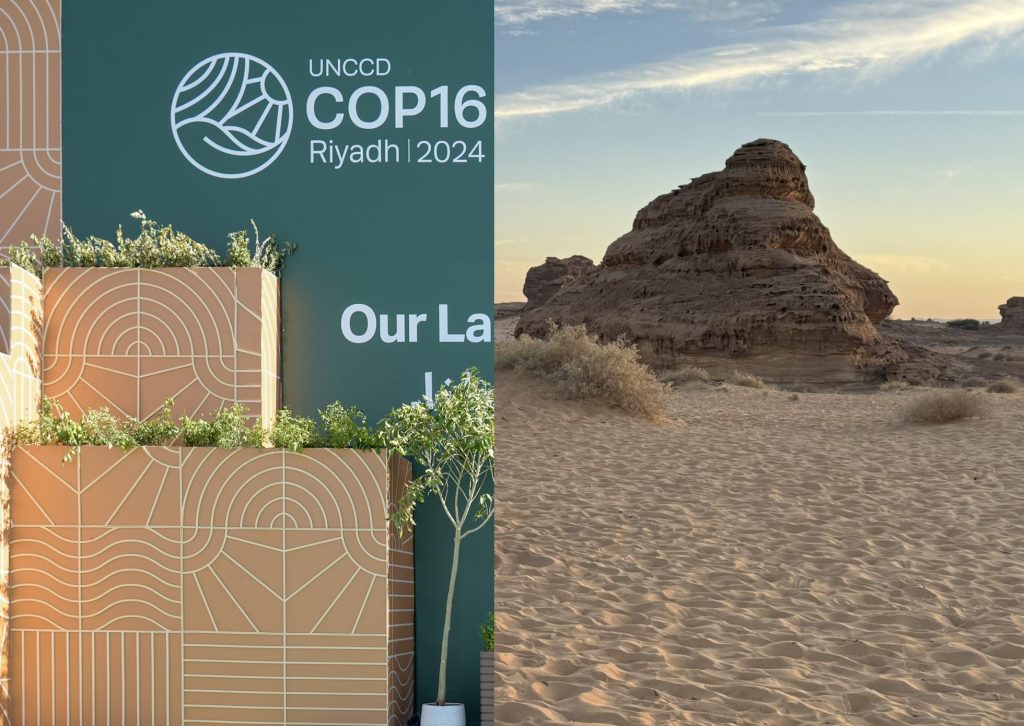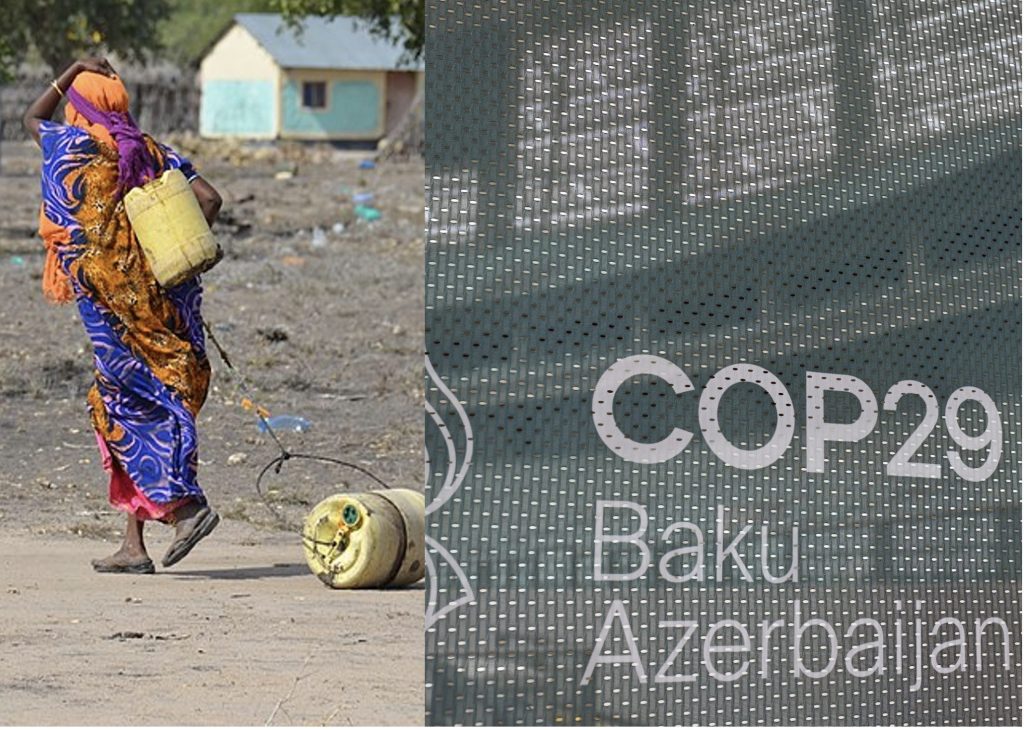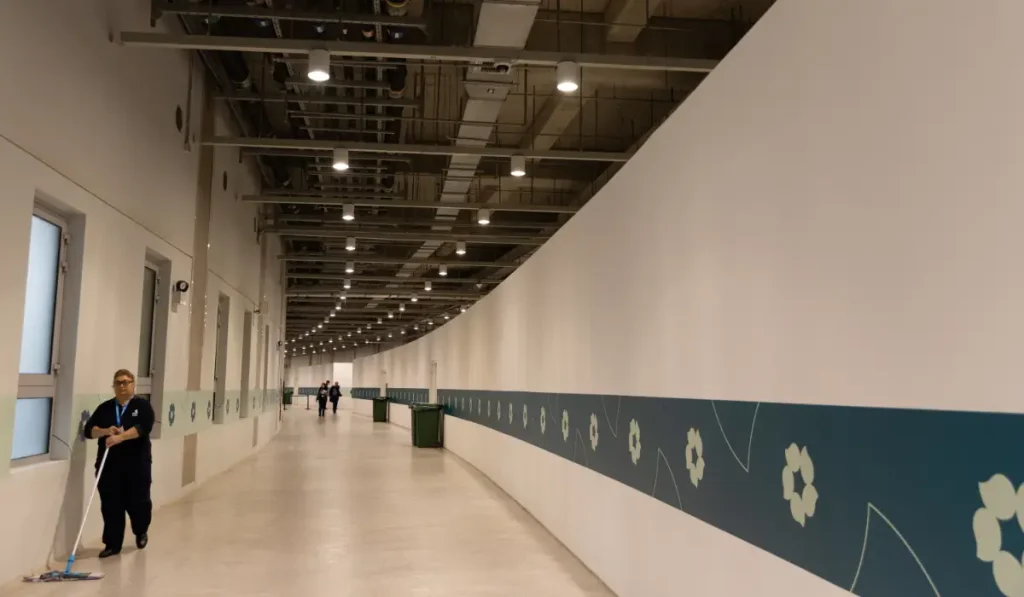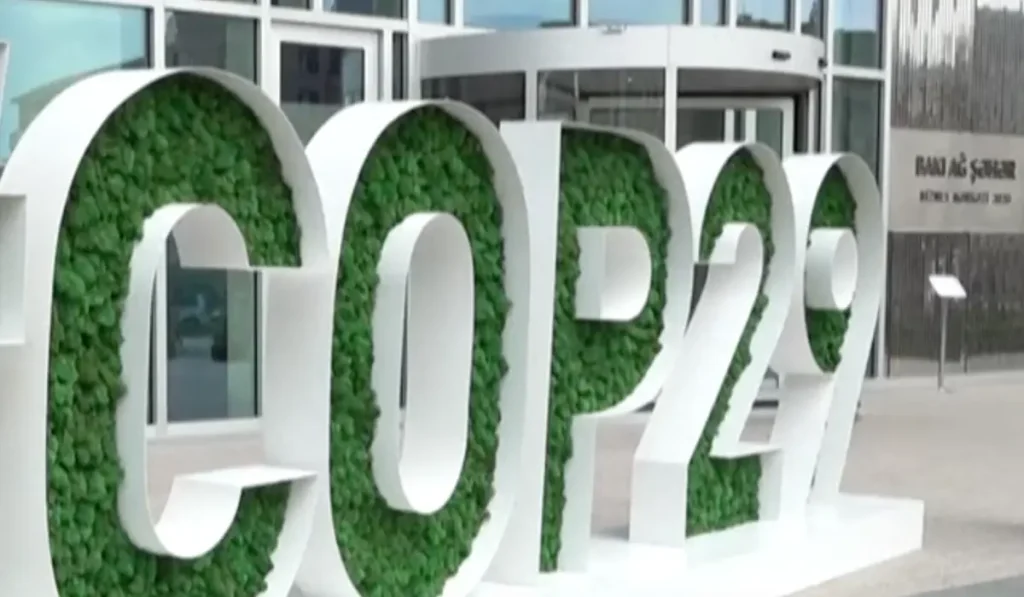At the 14th Petersberg Climate Dialogue on 2-3 May 2023, high level representatives from 40 countries met to lay the groundwork for COP28. Co-hosted by Germany and COP28 President, the United Arab Emirates, one of the cross cutting themes identified was the availability, affordability, and access to finance, with German Foreign Minister Baerbock confirming that “contributors are confident in mobilizing” USD 100 billion in climate finance this year. There was also support for the incoming COP 28 President-Designate Sultan Al Jaber’s proposal to develop a “transformational roadmap as part of the political response” to the first Global Stocktake (GST). The GST is a five year review process under the Paris Agreement, designed to assess collective implementation and progress in achieving its goals. This review is due to conclude at COP 28 and will be one of the key subjects of the negotiations.
The outcome of the Petersberg Dialogues is a summary of the Co-Chairs which highlights the issues discussed and how they might feature in a future Roadmap. One of the more newsworthy items was the push by Germany for a goal on renewable energy deployment, combined with a goal forenergy efficiency. What has attracted less media attention, but should, is the outcomes on Adaptation. At the discussions, parties underscored the need for a Global Goal on Adaptation (GGA) framework to bring coherence to a fragmented adaptation landscape. The GGA, is the equivalent of the 1.5- 2 degree temperature goal of the Paris Agreement, but has yet to be agreed upon which challenges of scale and means of measurement getting in the way. There was much frustration last year that no goal was achieved and it was acknowledged in Petersberg that developments were still not on track. It was hoped that the GGA would give guidance into the Global Stocktake, but given the present status, it would be a momentous outcome to even agree on a GGA at COP28. Unsurprisingly given delays and uncertainties the proposed Roadmap discussed for COP28 makes no mention of the GGA. No doubt further clarity will come from the Glasgow–Sharm-El-Sheikh work program on the GGA which is due to conclude this year.
Adaptation by its nature is also much more difficult to peg targets against due to its national and local context driven nature. For this reason parties spoke about the need for locally led adaptation but also the need to link this with global trends, such as water scarcity, desertification and transboundary impacts. Adaptation planning cycles, such as the development and review of national adaptation plans, were also agreed as being important enabling instruments to mainstreaming adaptation. Another long debated issue was on adaptation finance and the need to double it. Many wanted to see Multilateral Development Banks scale their concessional finance for adaptation although some were concerned that this might crowd out some of their sustainable development spending. This hearkens back to some of the debates about increasing the climate finance portfolio of the World Bank and concerns that this would be at the expense of other poverty alleviation programmes. Coming out from these discussions, the Co-chairs listed the following as possible solutions that could be included in a COP28 Roadmap:
- pragmatic adaptation planning approaches,including a data-based adaptation policy cycle;
- facilitating comprehensiverisk management, including data assessment, modelling and early warning systems.
- strengthening the role of the private sectorby updating relevant policy frameworks, such as building codes, as well as de-risking of investments across mitigation and adaptation.
None of these are new, but they are all important. Ideally we would also want to see more concrete actions on doubling adaptation finance from sources other than MDBs and the private sector, some agreement about implementing the GGA and financing it, and more concrete steps about how access procedures for adaptation finance can be simplified.


